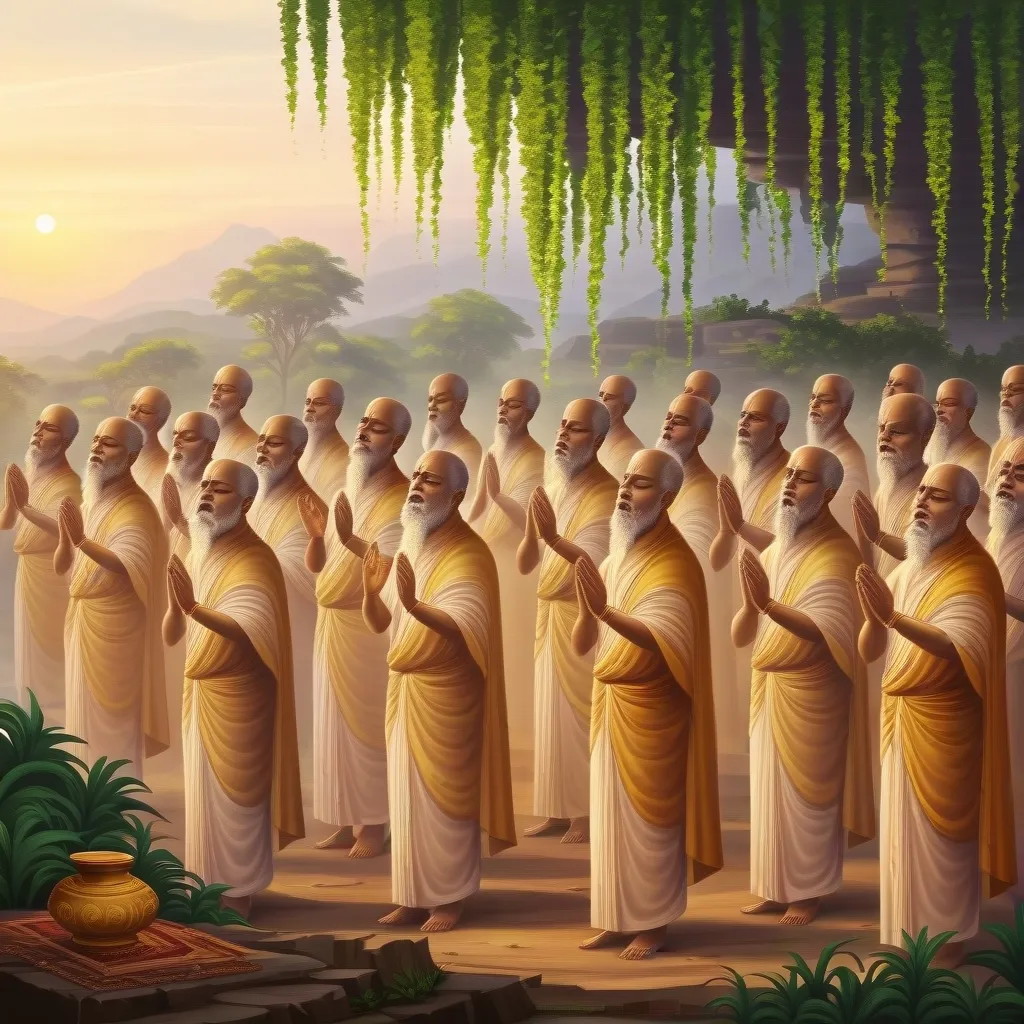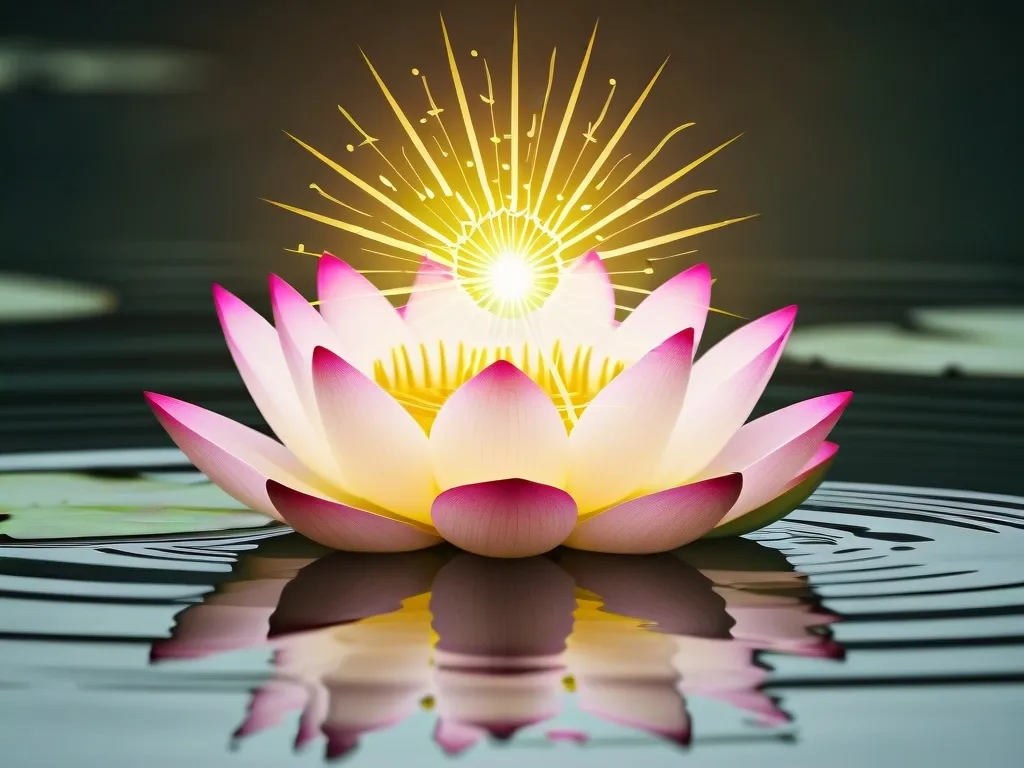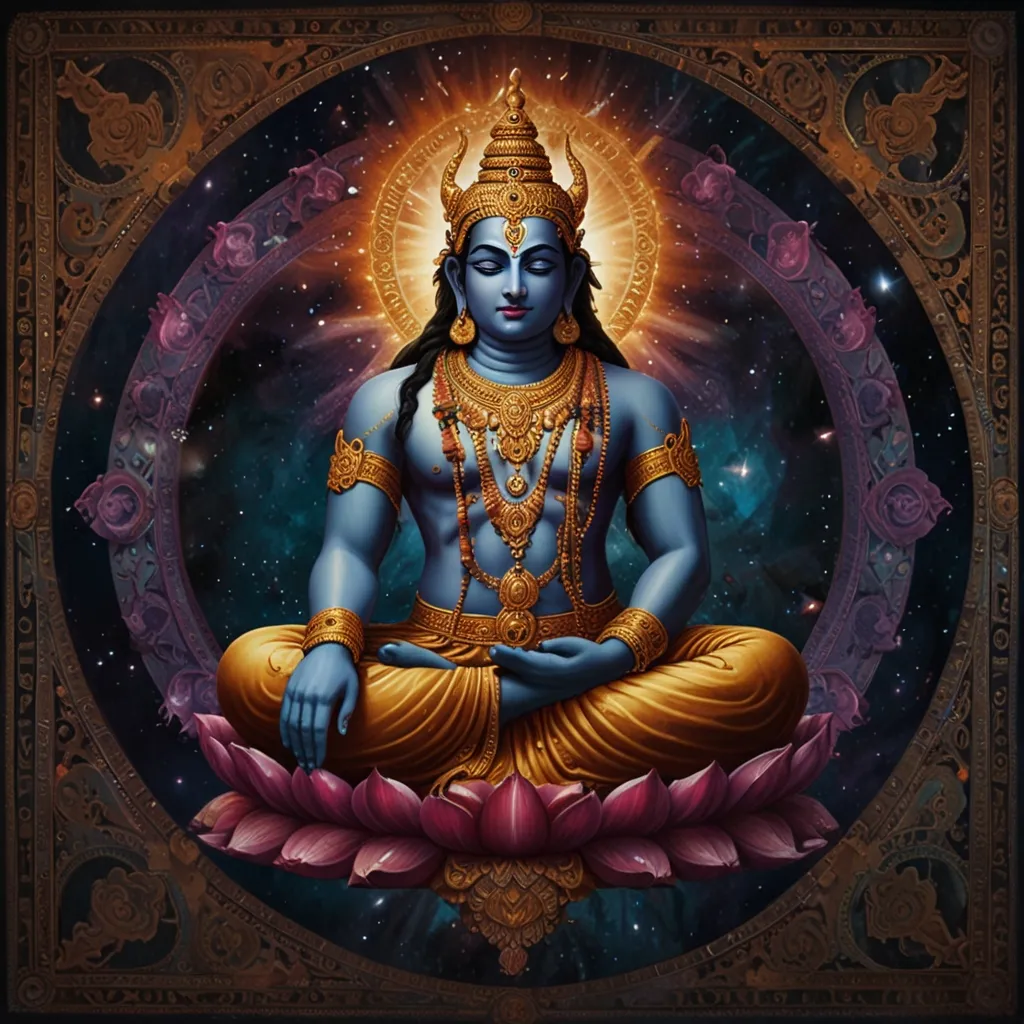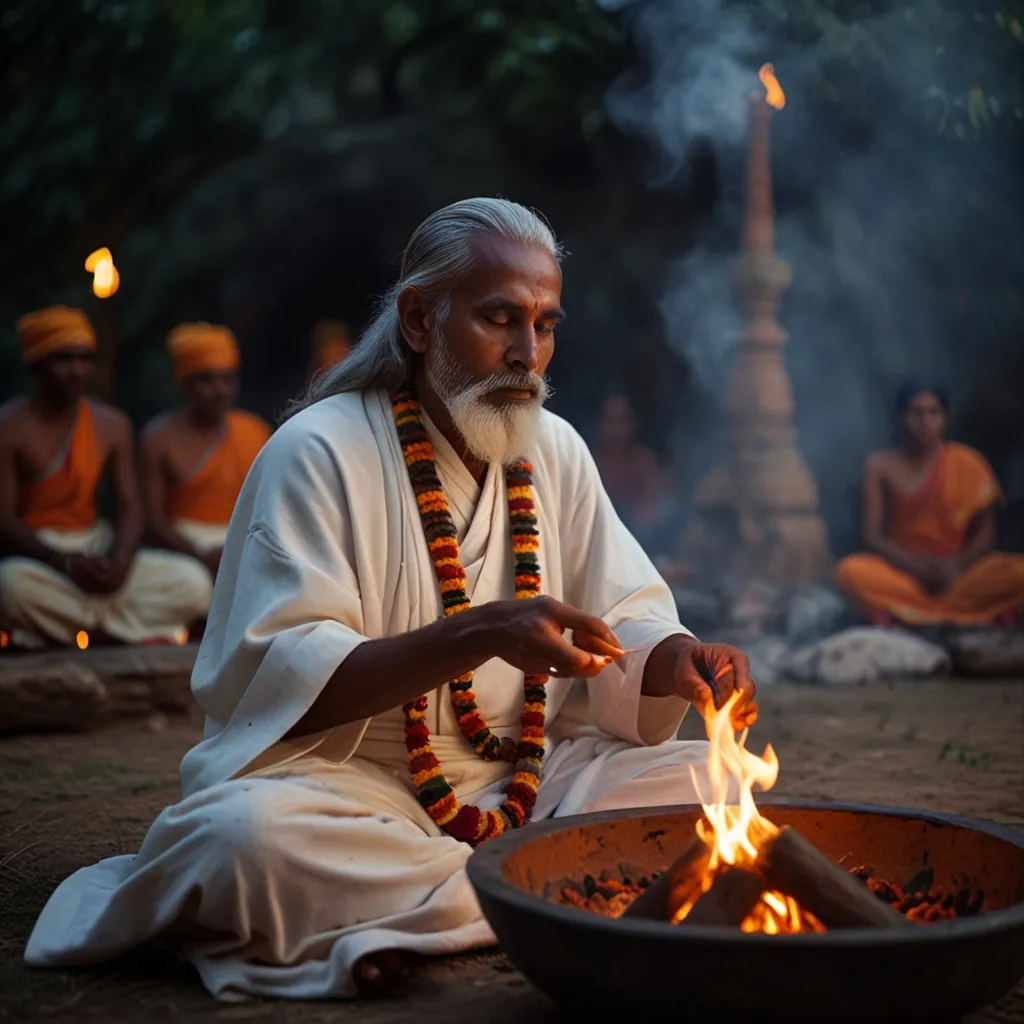The Samaveda, nestled among the revered quartet of Vedic texts, is like that enchanting symphony you can’t forget, resonating with its focus on melodies and music. It’s not just about stringing verses together but about stitching a rich tapestry of spiritual and musical traditions from the Vedic age. The Samaveda’s unique take on chants reveals that these are not just for rituals but are pivotal for touching both the soul and mind, making life a harmonious tune rather than a mere sequence of notes.
Picture the Samaveda as the Rigveda’s tunes brought to life. It’s the same sacred verses, yet now dressed in musical splendor. Think of samans as a musical script, waiting to be sung rather than read silently. This not-so-secret code turns the Vedic narrative into an oldest surviving melody book, complete with notations that guide every note and rhythm to perfection.
In the grand tapestry of Vedic rituals, the Samaveda finds its spotlight in the sacred Soma sacrifices. The Udagatr priests take center stage, serenading the heavens with samans, beseeching gods like Indra, Agni, and the mystical Soma. Here, chanting transforms into a divine dialogue, a melodic offering that connects humans to the cosmic grandeur, symbolized by Soma, the divine essence.
What makes these chants so powerful isn’t just their spiritual flavor but the calm they instill. Engaging with Samaveda’s rhythms and notes during chanting is like stepping into a meditative realm. It’s that mental vacation everyone craves, reducing stress like no modern therapy can. Precise pronunciation and controlled accents do more than educate—they harmonize the soul.
Repetition isn’t just about rote learning here; it’s therapeutic. Like listening to that favorite playlist that just makes everything better, these chants permeate emotional barriers, balancing moods and nurturing emotional health. And let’s not forget, musicologists tip their hat to Samaveda as a precursor to Indian classical music, a genre celebrated for its healing attributes.
Fast forward to today. The echo of Samaveda chants can be felt in the music and dance traditions across India. Its cultural imprint is undeniable, grounding Indian classical arts in time-honored principles. The Gandharva-Veda, tied to the Samaveda, dives into the specifics of melodic and instrumental artistry, nurturing the profound musical roots of the country.
One standout feature of the Samaveda is its seven-note chanting system. These notes are not mere sounds; they are pathways to harmony. The system engenders a soundscape that aligns with universal vibrations—an aesthetically beautiful dance of Prathama to Antya, crafting a lenient symphony of cosmic harmony.
Learning to chant the Samaveda is no walk in the park. It demands dedication and the right mentor. Chanter must fine-tune their breathing and pronunciation, akin to crafting a delicate art. We’re talking about using every bit of the palm and fingers to ensure syllables fall right into place—a dance of digits guiding a cascade of sacred sounds.
In a time where life often hits heavy-metal levels of chaos, the Samaveda stands as a soothing lullaby, offering serenity through its melodies. Its ancient music fashions a bridge, allowing modern souls to cross into realms of peace and balance. By relying on these traditions, an individual can once again synchronize with the rhythm of life, unearthing spiritual fulfillment amidst the noise.
Even today, in the whirl of urban life and tech-dependence, the Samaveda offers an oasis—a soundscape inviting peace and inner balance. This enduring legacy ensures that we have a timeless guide, not just to chant, but to breathe, live, and relish every melody life unravels, bringing back the lost symphony of harmony within.






